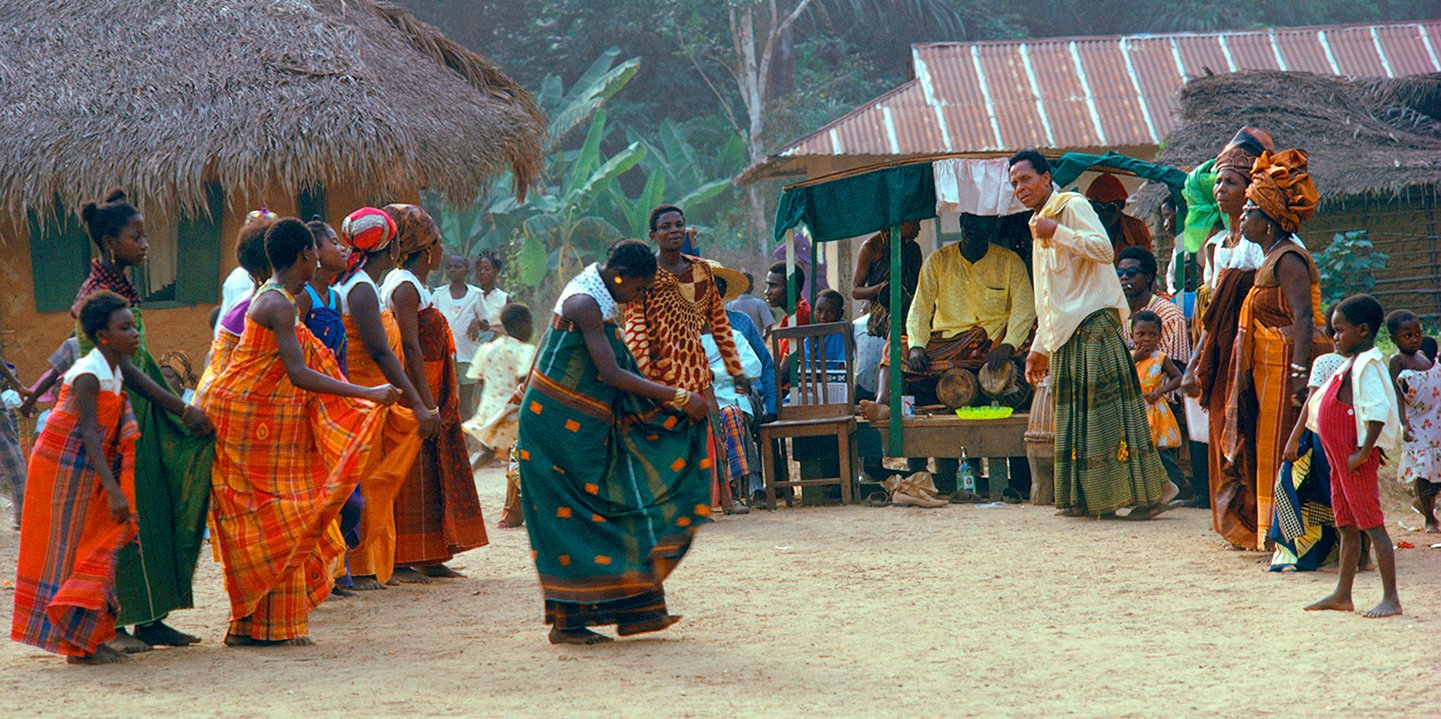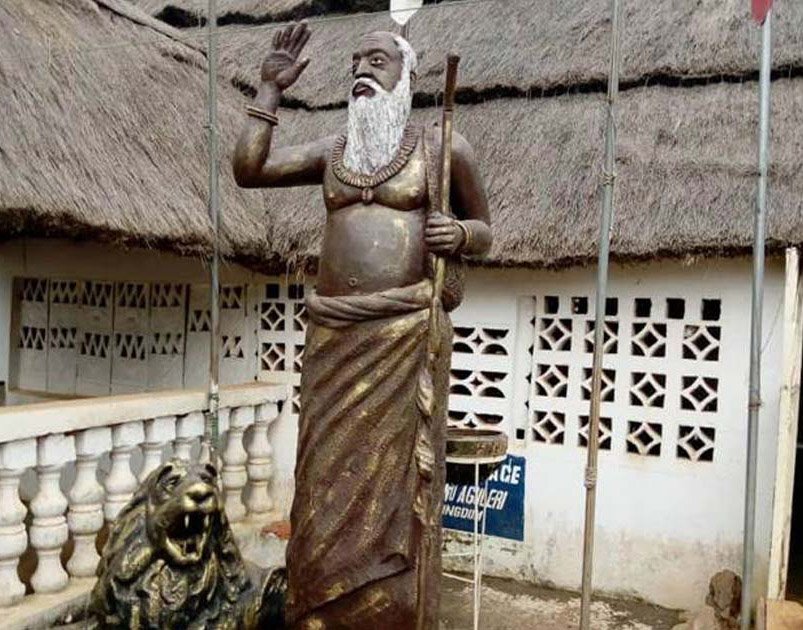
Igbo History
The Igbo people are an ethnic group native to eastern Nigeria. They have a rich history and culture that has influenced the development of the region for centuries. In this article, we will explore the major events and milestones in Igbo history.
Pre-colonial Era
The Igbo people have a long history that predates colonialism. They were one of the few groups in West Africa to develop a complex society without centralized authority. Their social and political structures were based on a system of autonomous communities. In the 15th century, the Igbo people began trading with European merchants, which helped to establish their position in the wider world.
Eri is the progenitor of the Igbo people, who was said to have migrated from an unknown location and settled in present-day southeastern Nigeria. Eri established a community in the middle of Anambra river valley (at Eri-aka) in Aguleri where he married two wives. The first wife, Nneamakụ, bore him five children. The first was Agulu, the founder of Aguleri (The ancestral head of Eri Kingdom clans) (the Ezeora dynasty that has produced 34 kings till date in Enugwu Aguleri), the second was Menri, the founder of Umunri / Kingdom of Nri, followed by Onugu, the founder of Igbariam and Ogbodulu, the founder of Amanuke. The fifth one was a daughter called Iguedo, who is said to have borne the founders of Nteje, and Awkuzu, Ogbunike, Umuleri, Nando and Ogboli in Onitsha. As one of the children of Eri, Menri migrated from Aguleri, which was and still is, the ancestral temple of the entire Umu-Eri (Umu-Eri and Umu-Nri). His second wife Oboli begot Ọnọja, the only son who founded the Igala Kingdom in Kogi State.
Eri is the founder of the Umueri and Umunri clans, both of whom were some of the most influential and powerful dynasties of priests and diviners in Igboland and adjacent areas such as the Bini and Igala/Idoma areas.
Colonial Era
In the late 19th century, the British colonial government began to exert control over the Igbo people. The Igbo resisted colonization, but were eventually defeated in the early 20th century. The British colonial government established a system of indirect rule, which allowed the Igbo to maintain some autonomy, but also required them to pay tribute to the colonial authorities.
Independence and Civil War
Nigeria gained independence from Britain in 1960, but the country was soon beset by political and ethnic tensions. In 1967, the Igbo people declared the independent state of Biafra, leading to a brutal civil war that lasted for three years. The war resulted in the deaths of millions of people, and ended with the defeat of the Biafran secessionist movement.
Recent History
Since the end of the civil war, the Igbo people have continued to play an important role in Nigerian politics and culture. Igbo entrepreneurs and traders have helped to make Nigeria one of the fastest growing economies in Africa. Despite this, the Igbo continue to face discrimination and marginalization in some areas of Nigerian society.





